
Editorial | May 21,2022
Car buyers face a shortage of license plates as the federal agency responsible for manufacturing the plates ran out of raw materials earlier this month. The shortage of private (Code-2) plates is due to a lack of hot stamping foil used to paint the embossed plate numbers.
Productions of the plates were discontinued two weeks ago, confirmed Solomon Ambachew, director of communications at the Public Transport Service Agency.
The Agency took over the job of license plate manufacturing from the Federal Transport Authority last October after the latter was dissolved as part of a shuffling under the administration of Prime Minister Abiy Ahmed (PhD). It has minted out nearly 5,000 plates in the months since. However, the declining stock of stamping foil has been a serious concern for its officials.
They have prompted the Ministry of Transport & Logistics to facilitate access to foreign exchange from the Commercial Bank of Ethiopia (CBE) to import raw materials.
“We've yet to receive a response," Solomon told Fortune.
This is a development that surfaced amid a surge in the number of vehicles imported. New cars, particularly Suzuki models, have mushroomed on the roads of Addis Abeba in recent months. An average of 3,100 cars are brought in a month, added to the more than 1.3 million vehicles registered. Over two-thirds of these vehicles are in the capital.
Regional and city administrations are responsible for assigning and distributing license plates to vehicle owners. The Addis Abeba Driver & Vehicle Licensing Authority distributes plates in the capital's 11 districts through its branch offices. Vehicle owners are required to present title certificates, proof of third-party insurance, and annual vehicle inspection certificates to receive plates. They are charged close to 2,500 Br for the service.
Most of the plates the Authority hands out are for private vehicles or vehicles registered to businesses (Code-3). It had requested 10,000 "Code-2" license plates from the Agency three months ago. Its officials say declining stocks forced them to seek additional plates before the end of the budget year.
“We're told only 'Code-3' license plates are available for delivery,” said Taye Dibaba, director of license accreditation at the Authority.
The Authority used to allocate plates to district offices upon demand. However, its officials have begun to divvy up licenses equally as stocks ran low. The Kirkos, Nifas Silk Laphto, and Bole districts have the highest demands for plates. The branch office in Kirkos District issues close to 400 private vehicle plates a month. As supply ran out, officials there had started to register applicants in hopes of serving them when plates arrived.
“We stopped this procedure because it was vulnerable to corruption,” said Yitawes Teshome, vehicle licensing service team leader.
The supply disruptions have been an inconvenience to vehicle importers.
Sara General Import Plc sells Suzuki and Toyota models with zero miles. Many of its customers buy cars, taking loans from commercial banks. It had sold 30 vehicles over the past month but could not collect payments due to the license plate shortage, Eyasu Gizaw, general manager of the car dealership, told Fortune. Commercial banks disburse loans to dealerships after vehicles are fitted with plates. Vehicles must be fitted with plates before they make their way onto the roads. Owners are permitted to drive with temporary plates for three days.
A similar shortage had transpired last year. It was solved after the Transport Ministry facilitated forex access to import raw materials its officials claim was sufficient to produce around 1.5 million license plates. Last November, the federal government announced plans to outsource license plate production and distribution to the private sector. Little has transpired since.
PUBLISHED ON
May 21,2022 [ VOL
23 , NO
1151]

Editorial | May 21,2022

Fortune News | Jul 11,2021
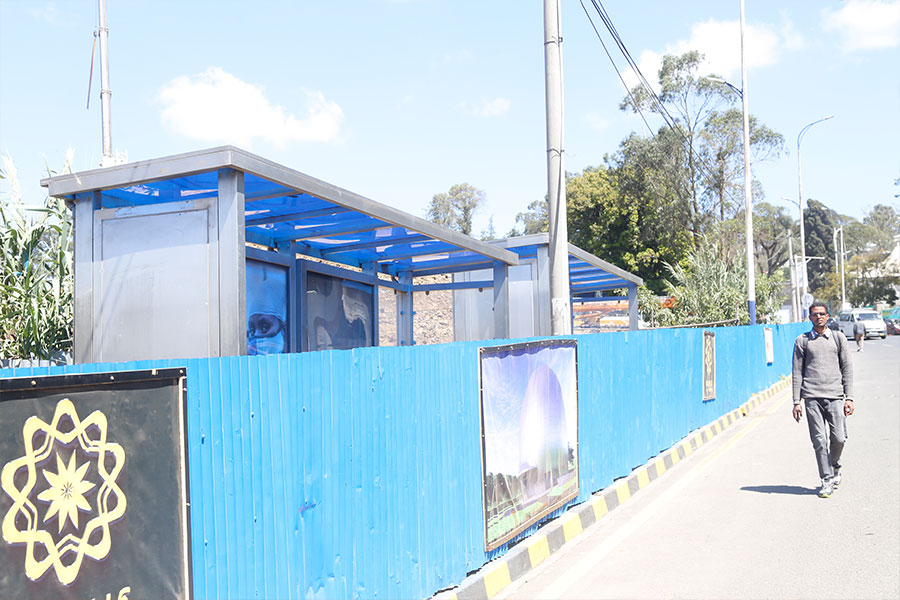
Radar | Oct 30,2021

My Opinion | Jan 30,2022
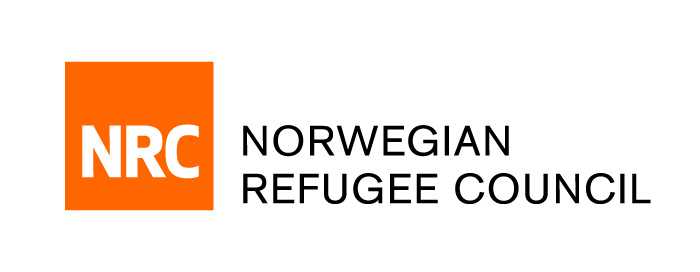
Fortune News | Jun 10,2021
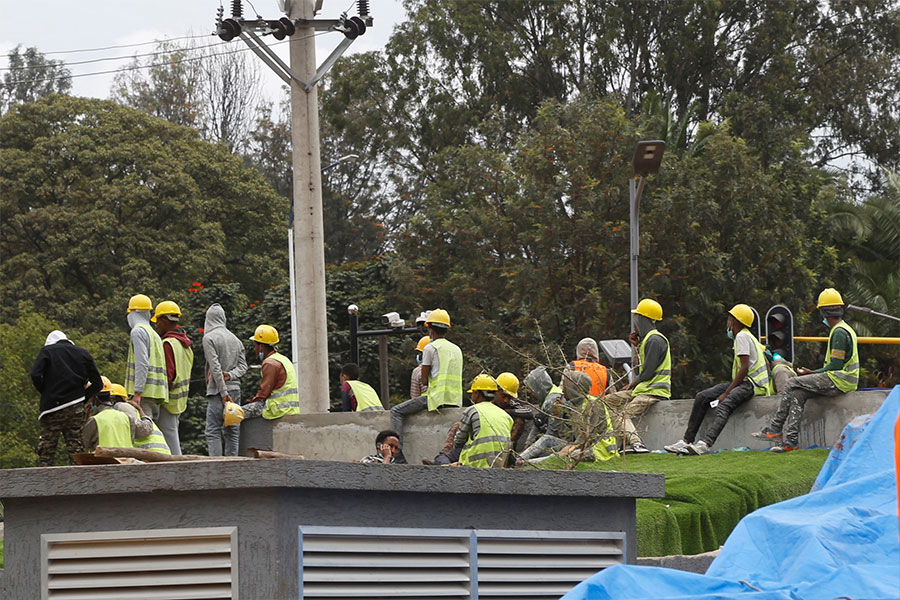
Radar | Oct 09,2021

My Opinion | Mar 26,2022

Radar | May 07,2022
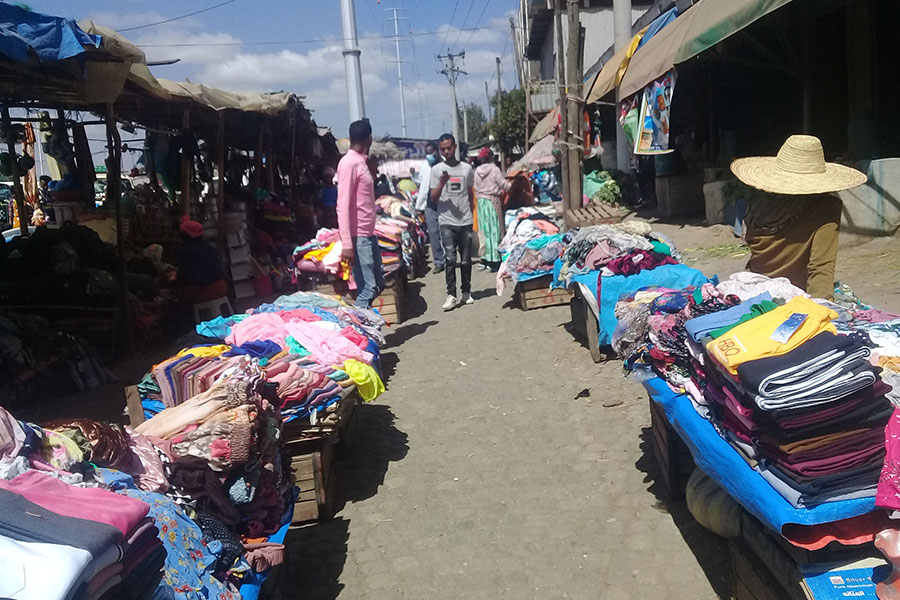
Radar | Dec 25,2021
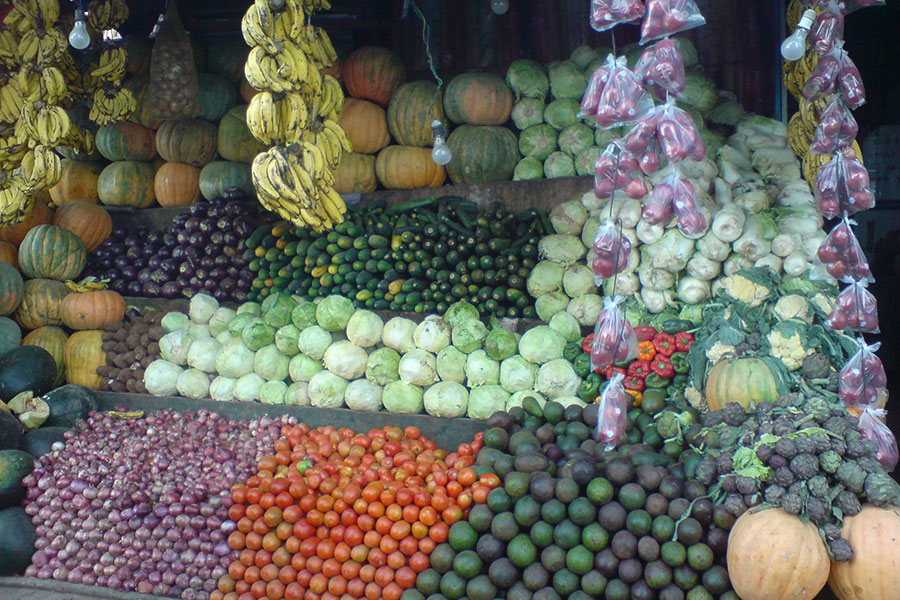
Fortune News | May 07,2022

Dec 22 , 2024 . By TIZITA SHEWAFERAW
Charged with transforming colossal state-owned enterprises into modern and competitiv...

Aug 18 , 2024 . By AKSAH ITALO
Although predictable Yonas Zerihun's job in the ride-hailing service is not immune to...

Jul 28 , 2024 . By TIZITA SHEWAFERAW
Unhabitual, perhaps too many, Samuel Gebreyohannes, 38, used to occasionally enjoy a couple of beers at breakfast. However, he recently swit...

Jul 13 , 2024 . By AKSAH ITALO
Investors who rely on tractors, trucks, and field vehicles for commuting, transporting commodities, and f...

Jul 5 , 2025
Six years ago, Ethiopia was the darling of international liberal commentators. A year...

Jun 28 , 2025
Meseret Damtie, the assertive auditor general, has never been shy about naming names...

Jun 21 , 2025
A well-worn adage says, “Budget is not destiny, but it is direction.” Examining t...

Jun 14 , 2025
Yet again, the Horn of Africa is bracing for trouble. A region already frayed by wars...